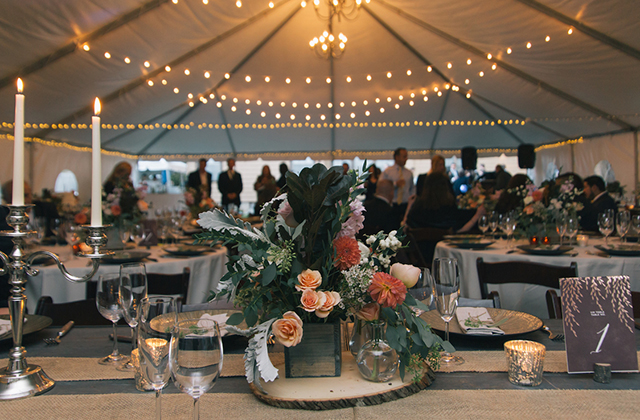One way to help you improve your concept boards designs is to regularly check other designs from other artist the you can start your imagination in building your own concept. Story board designing often can be regarded a dignified profession, where a designer is required to be specialized in making storyboards regarding advertisements, films, and animations movies and many more. A designer who produces storyboards can easily imagine any type of theme or plot within a little piece of paper any time. Weapon sketching and pencil sketching were previously most frequently used techniques used for story board designing, but now days it has been replaced by software’s such as Adobe Photoshop and flash participators. In this software’s one can get the entire feature and comfort which were obtained during manual designing.
Using electronic cameras for creating story boards can be a very good option. The individuals who are associated with the designing of storyboards are known as story board artists. They usually work as an assistant of professional directors, and they are mainly appointed for particular causes by art directors. They have to do a highly responsible work and they are also given specified time period for submitting their project. In usual cases they are quite well remunerated. These types of jobs on the other hand require high amount of accuracy and work speed as a single project is handled by a single artist.
A Storyboard artist must acquire fundamental information about the ways for pursuing in their own careers. It’s highly doubtful how the new comers may right away reveal work within creating Storyboards after the completion of their academic education. They have to fight effectively to get their position in this field and believe me it is not at all an easy thing to do. They have numerous activities to perform in different part of industries. For an advertising company, storyboard artists are very much requiring; there they have to create a summarized representation of what a television commercial will focus on. In is not possible of any advertisement company to show everything so they need a zest of the whole thing so that they can present it in a better way.
Story board artists also have their works in film industries. They are required at the starting of the real project. A storyboard artist breaks the script of the whole film into different modules better known slots. In a story boards they chalk out scene to scene by pre visualizing everything. In this way they help the directors, and make their work half. By doing this a story board artists can associate themselves with big banners and if they can built up their reputation by delivering good quality, then they can get works on every project.
In an animation industry, story boards designing has a significant part to play. There a designer has to play a vital role in designing various cartoons, characters, cars and many more things. An animation director during time being willed require story board artist to make their job easy and also for assistance. Thus learn the methods and techniques to perish in this line, only knowledge will help you to go ahead.



